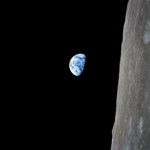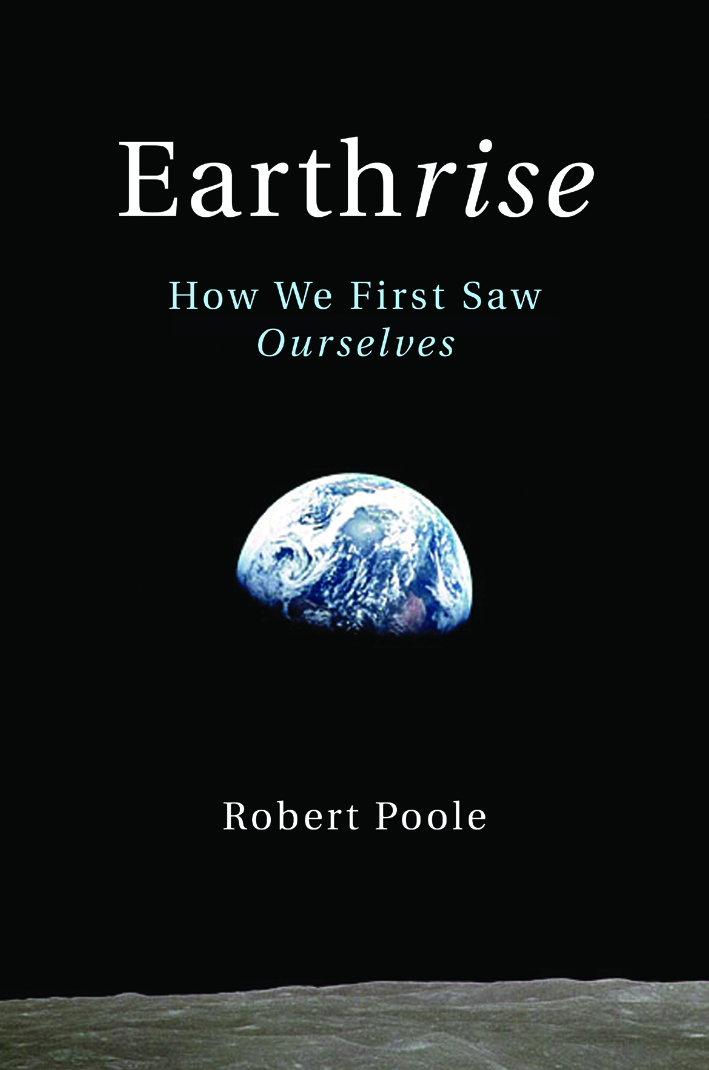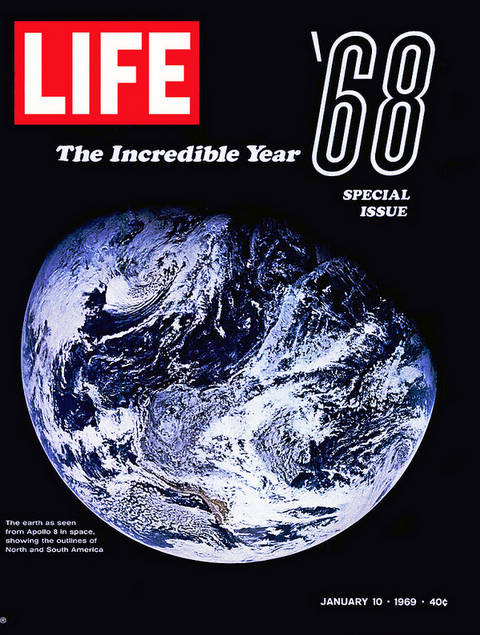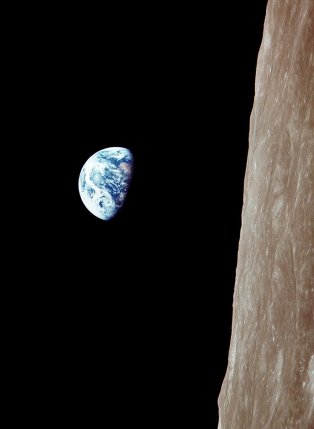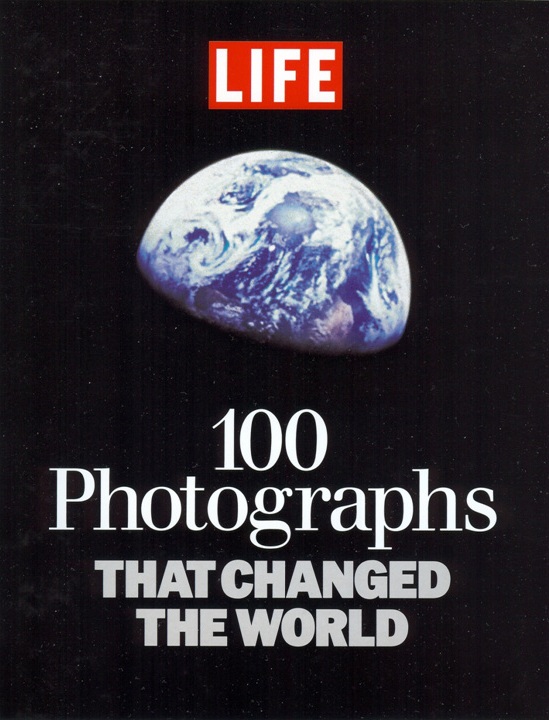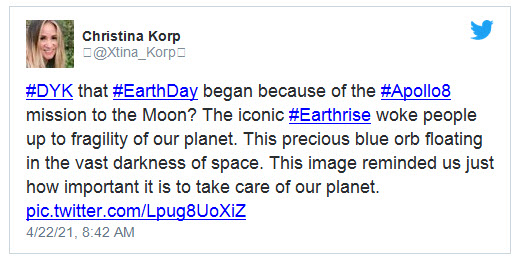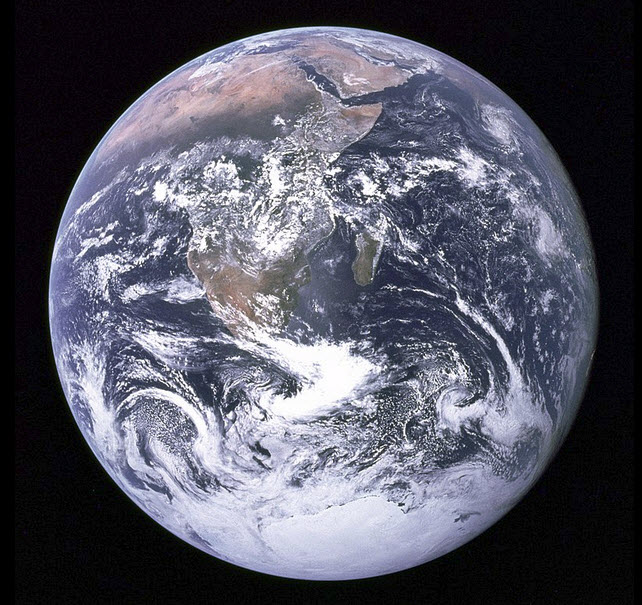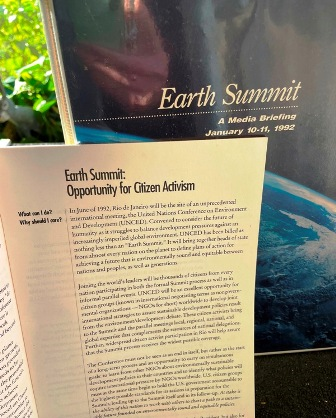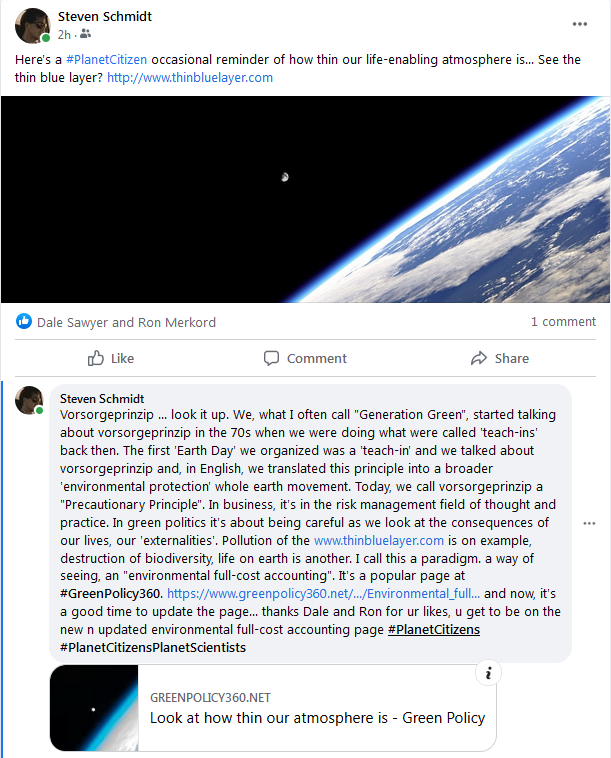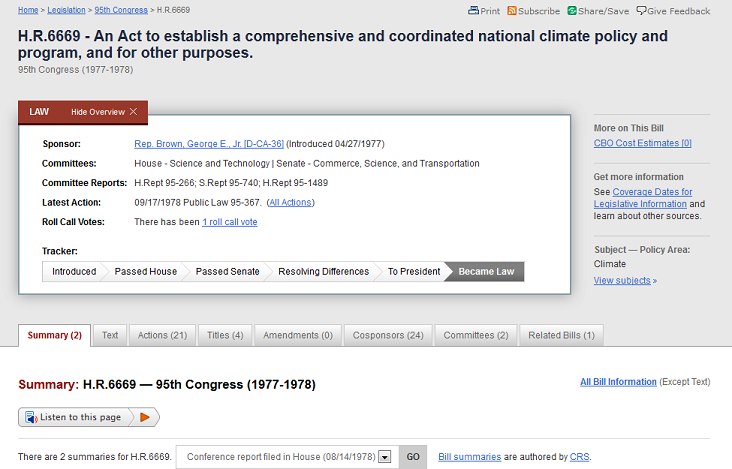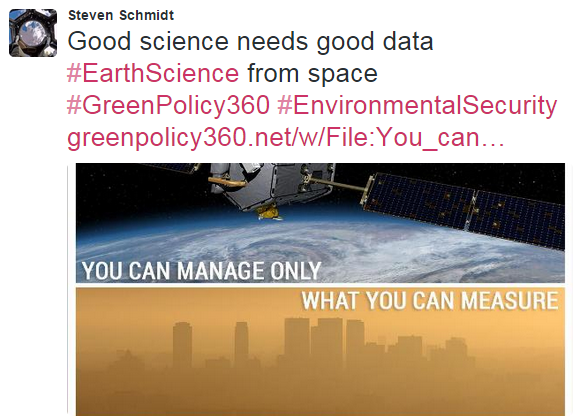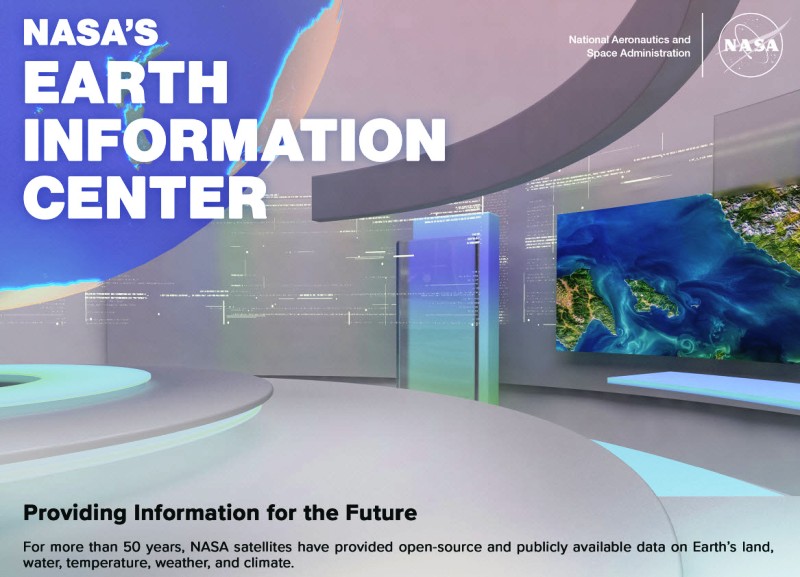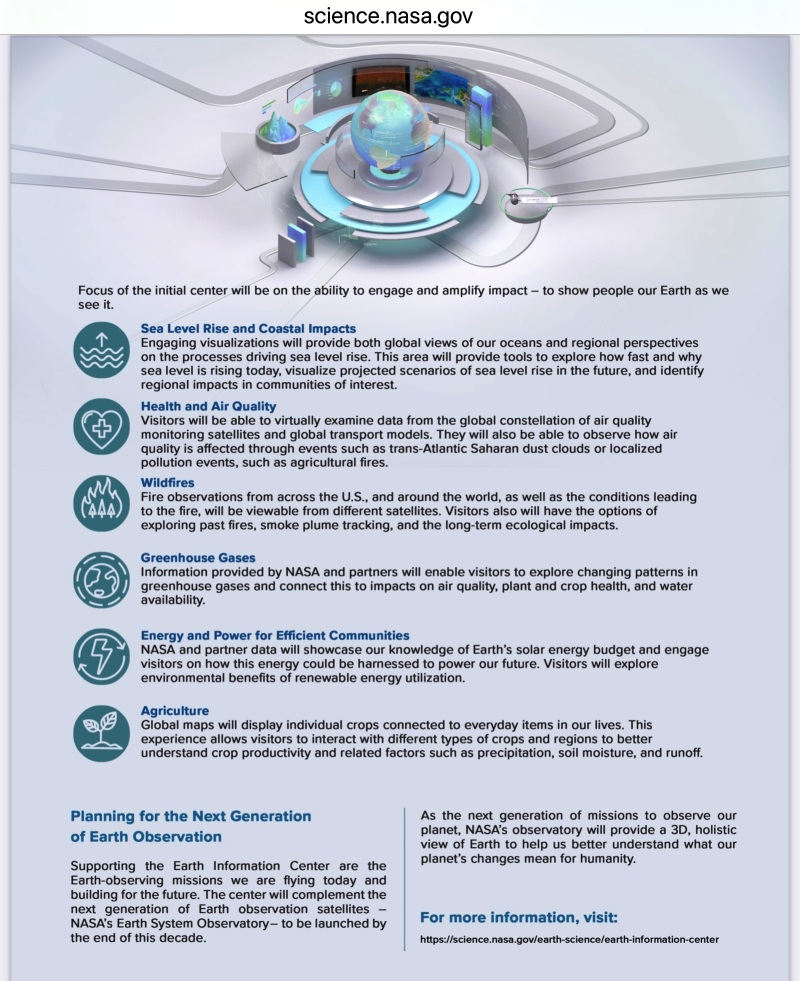Earthrise
🌎 https://www.greenpolicy360.net/w/File:Apollo.jpg
🌎 https://greenpolicy360.net/w/Apollo_8
🌎 http://en.wikipedia.org/wiki/Earthrise
• http://www.greenpolicy360.net/w/File:Apollo_Earth_350x350.jpg
• http://www.greenpolicy360.net/w/File:Apollo.jpg
○
- Apollo 8 Earthrise Photos
- December 1968
Apollo 8's View of Earth on December 24, 1968
December 21, 1968 ... Apollo 8 launches from the Kennedy Space Center, the first humans on the way to the Moon --- and a vision looking back at home that empowered the modern environmental movement.
Apollo's mission? To explore the Moon in preparation for a Moon landing. A surprise comes into view as the spaceship circles the Moon. A window view, Whole Earth awareness of ourselves as #PlanetCitizens. "Earthrise" ... a profound image, first by human hands taken of our home planet. We see our #PlanetEarth with new born eyes ...
• http://www.youtube.com/embed/dE-vOscpiNc
• http://www.abc.net.au/science/moon/earthrise.htm
• http://www.greenpolicy360.net/w/File:Apollo_8,_Life_Jan10,1969.png
- Aboard Apollo, December 24, 1968...
As the spaceship swings around the Moon...
unexpectedly the Earth rises in the Apollo ship's and the astronauts are amazed at what is coming into view...
Astronaut Bill Anders is the first to see the Earth...
·········································································
Anders: "Oh, my God, look at that picture over there," he can be heard saying. "There's the Earth coming up. Wow, is that pretty!"
What happened next will sound familiar to anyone who remembers the days before digital cameras:
Anders (to astronaut Jim Lovell): "You got a color film, Jim? Hand me a roll of color, quick, would you?"
Lovell: "Oh, man, that's great! Where is it?"
Anders: "Hurry. Quick."
Lovell: "Down here?"
Anders: "Just grab me a color. A color exterior. Hurry up. Got one?"
Lovell: "Yeah, I'm lookin' for one. C368."
Anders: "Anything quick."
Lovell hands him the film just as Anders is heard saying, "I think we missed it."
But within seconds, Lovell sees the shot again in another window of the command module. He asks for the camera from Anders, who seems a bit defensive at having his role as mission photographer usurped.
Anders: "Wait a minute, just let me get the right setting here now, just calm down. Calm down, Lovell!"
Anders then gets the shot that has been reproduced innumerable times all over the world...
Changing forever humanity's vision of ourselves, of who we are
🌎 'Earthrise' poem by Amanda Gorman
Apollo 8
GreenPolicy360 Siterunner:
DYK? Yes, being there, we do know, we remember the beginnings
🌎 Beginnings of the Modern Environmental Movement
* https://greenpolicy360.net/images/1969_beginnings_of_the_modern_environmental_movement.pdf
····································································································
Earth Day Memories on the 50th Anniversary
On the 50th Anniversary: Memories on the Road to the First Earth Day
- By Steven Schmidt
····································································································
The Atlantic (2018, November 15) Apollo 8 Astronauts First See Earth from Space. Accessed December 21, 2018.
The National Archives (2007) Crew of Apollo 8—A View from Lunar Orbit, 1968. Accessed December 21, 2018.
NASA (2013, May 19) Jim Lovell Recalls Apollo 8 Launch Day. Accessed December 21, 2018.
NASA Earth Observatory (2013, December 24) Earthrise Revisited.
NASA Earth Observatory (2008, November 27) Earth Viewed by Apollo 8.
NASA Science (2018, February 5) Apollo 8. Accessed December 21, 2018.
Smithsonian (2018, January) Who Took the Legendary Earthrise Photo from Apollo 8? Accessed December 21, 2018.
🌎
Apollo 17 was the final mission of NASA's Apollo program.
In December 1972, the famed "Blue Marble" photo was taken by the crew as they flew toward the moon....
Image of "Blue Marble" Planet Earth
○
Planet Earth
- 50+ years since the Apollo Mission surprised us with a first-ever "Earthrise" view of our home planet
GreenPolicy360: We remember, as we watched Apollo missions in 1968 and 1969, how our views of who we were as citizens changed. We saw, for the first time, our Earth rising.
'Earthrise' as seen from Apollo 8 was a magic moment, a Whole Earth vision, and a beginning of the modern Environmental Movement.
A Whole Earth Point of View
The original Earth Day Flag (1970)
🌎
GreenPolicy360 Siterunner: (Connecting the 'dots')
December 1968 "Earthrise" led to April 1970 "Earth Day" which led the first National Climate Act in 1978 which led to the first "Earth Summit" in 1992 which began international climate conferences that brought the nations of the world the 2015 Climate Change agreement in Paris with ~200 "Intended National Climate Contributions" (National Climate Plans)
Looking back: the First Earth Summit and Climate Conference
- June 1992, Rio de Janeiro
Earth Summit (First Global Climate Conference)
First National Climate Act, Historic Work, 1978
GreenPolicy360 Siterunner / SJS: The beginnings of modern environmental and climate science can be traced to the 1960s and 1970s. The U.S. National Academy of Sciences played a key role in laying a foundation of scientific reports and data.
Energy and Climate Report, 1977, National Academy of Sciences / 175 pp. / PDF via GreenPolicy360
Rep. George Brown took the findings of the 1977 Energy and Climate Report from the Academy of Sciences and made the science actionable. In a historic moment, Congressman Brown proposed and drafted the legislation of the first U.S. National Climate Program and shepherded its passage in 1978.
This first federal program established to study and assess scientifically the issues and risks of human-caused climate change became a foundation for comprehensive initiatives, with an array of new Earth Science missions led by NASA and NOAA, the EPA and USGS.
Planet Citizens, Planet Scientists, Preserving & Protecting the Home Planet Earth
GreenPolicy360 Siterunner / SJS: In the 1960s and 1970s, Representative George E. Brown proposed and set in motion a first generation of Earth Science missions and programs that continued over the decades. When one looks at today's Earth Science Research from Space and accumulative science data acquired over the decades, we are seeing the results of George's vision. As an engineer with a physics background, he knew we would need good scientific data to make the decisions guiding how we respond to the great challenges of our times, the existential threats on multiple fronts, and we are tapping into the results of programs designed to produce the knowledge base George Brown knew would be needed to make wise decisions. Whether we make the necessary decisions is up to our generation. Every generation has a 'generational responsibility' as we, at GreenPolicy360 see the challenges all of us must face, as Planet Citizens. George Brown was first to see and act as he drafted the National Climate Program Act legislation in 1978. He pushed to set up a new Science and Technology Office to press President Carter on the climate change danger (see their letter, attached here, and he continued to support and press forward with an array of scientific research programs and missions with vision over the 1980s and 1990s.
GreenPolicy360's founder was fortunate, beginning in the 1960s, to listen to Congressman Brown Congressman George E. Brown point to the NASA plan and explain how he saw Congress put into action the reality of a multi-year, coordinated, multi-agency program to achieve mission goals.
Earth science, measuring and monitoring Earth's life-enabling systems was given highest priority. Landsat's program was set in motion as a decades long, first-ever digital scanning remote satellites data collecting study. An array of satellites began to launch, creating and combining the expanding resources of NASA, USGS, NOAA, and an array of educational and scientific institutions and aeronautics business.
Fifty+ Years On
🌎
- Anthropocene
- Biodiversity
- Earth
- Earth360
- EarthPOV
- Earth Day
- Earth Observations
- Earth Science
- Eco-ethics
- Eco-Spirituality
- Ecology Studies
- Education
- Environmental Laws
- Environmental Protection
- Environmental Security
- GreenPolicy360
- Green Politics
- INDC
- NASA
- Orbital Perspective
- Overview Effect
- Planet Citizen
- Planet Citizens
- Planet Citizens, Planet Scientists
- Planetary Science
- Space Science and Space Physics
- Strategic Demands
- ThinBlueLayer
- Whole Earth
- Youth
